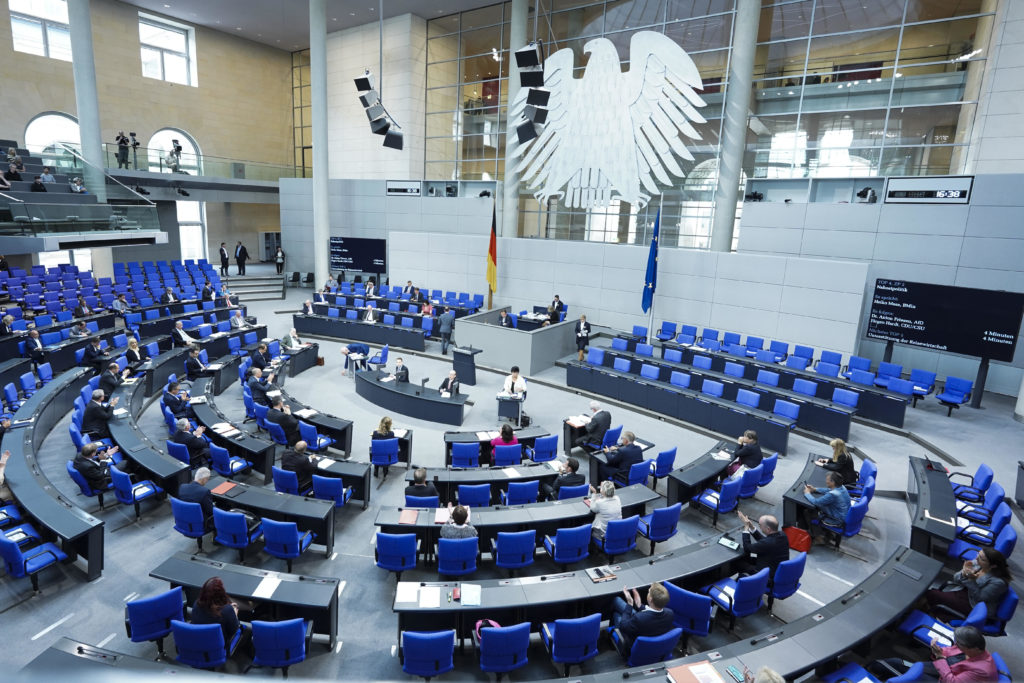Project
Implementation of the Federal Government's Guidelines
"Preventing Crises, Resolving Conflicts, Building Peace”

With this project, the Advisory Board has been supporting the Federal Government’s “Preventing Crises, Resolving Conflicts, Building Peace” guidelines and implementing these through the ministries since 2018. The Advisory Board has provided its own written response to the implementation report.
The 50 commitments articulated in the guidelines by the Federal Government set a high benchmark. At the end of March, the Federal Government published its initial conclusions in a Report on the Implementation. The report lists the individual steps that have been taken towards meeting the commitments and identifies four foci for the next four years: developing the EU’s skills in crisis management, a stronger focus on preventative action, integrating the interdependencies between the climate crisis, peace and security, and taking global health crises into account when devising the strategies and tools of crisis prevention. Thus far, however, the descriptions of these foci have not included objectives, target figures, resources or specific measures.
Overall, from the Advisory Board’s point of view, the report is lacking an assessment of the impact of both the measures implemented thus far and the financial and personnel resources used. We therefore recommend setting a target figure for increasing personnel recruitment in civilian crisis prevention and peacebuilding over the next four years. We recommend the Federal Government increases the coherence of, and attaches greater political value to, crisis prevention. Central to the implementation of the guidelines are also the interministerial sector strategies. These allow Germany to make peace policy a higher priority and take a leading role in individual conflicts.
